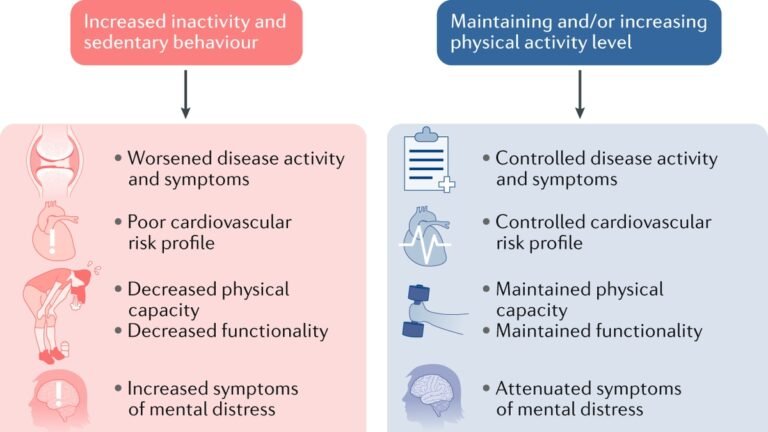Physical activity and the risk of coronavirus infection
A study recently published in JAMA Network Open highlights the role of physical activity (PA) in reducing the risk of coronavirus disease (COVID-19). This study suggests that higher pre-pandemic levels of physical activity are associated with lower odds of developing COVID-19 infection and hospitalization in older adults.
The comprehensive analysis included data from three ongoing prospective randomized clinical trials involving 61,557 U.S. adults aged 45 and older. The results suggest that participants who were fully active had significantly fewer infections and hospitalizations. Interestingly, the association with physical activity differed by gender, with only fully active women showing reduced odds of SARS-CoV-2 infection.
Study details and results
This cohort study focused on older adults who were adhering to recommended exercise guidelines before the pandemic. These people were found to be significantly less likely to become infected with COVID-19 or be hospitalized than those who did not follow the guidelines. The study found that higher levels of physical activity before the pandemic began in 2020 were associated with a higher chance of getting infected with COVID-19 and developing an infection severe enough to require hospitalization. It was found that it was associated with low
The study involved 61,557 adults with an average age of 76 years. From May 2020 to May 2022, people who were fully active had 10% fewer COVID-19 infections and fewer hospitalizations due to COVID-19 compared to inactive people. decreased by 27%. The study also shows that physical activity may be more protective against COVID-19 than women.
Limitations and future research
Despite the important findings, this study has several limitations. It is observational and uses self-reported data, which may introduce bias. The researchers examined quantitative control of physical activity parameters, broader racial and ethnic diversity, and differences from other potential confounders such as sleep quality, dietary patterns, access to health care, and preventive behaviors. We are looking for future research that includes information.
Broad meaning of regular exercise
Physical activity has long been associated with many health benefits, including preventing and reducing the impact of cardiovascular disease, cancer, type 2 diabetes, and other chronic diseases. Recent research has highlighted the importance of regular exercise, not only for overall health, but also as a potential protective factor against COVID-19 infection and serious illness.
In conclusion, this study provides convincing evidence for the role of physical activity in reducing the risk of COVID-19 infection, especially in older adults. Based on these findings, further research is needed to investigate the mechanisms behind the protective effects of physical activity against the virus.


